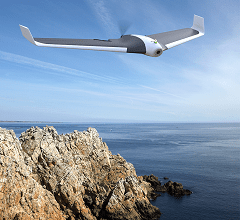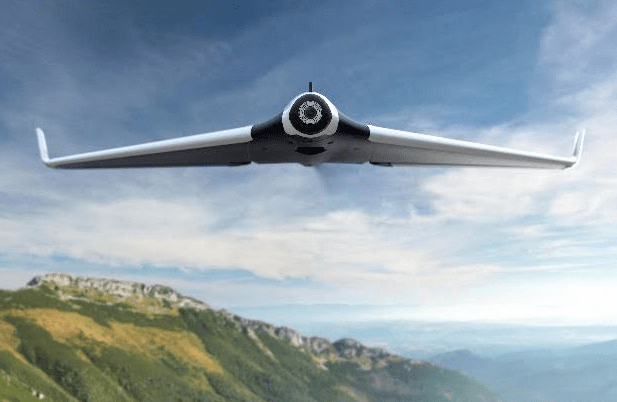
The following is a guest post from John Saginario: FPV flyer, writer and host of the Wild Flyers podcast.
We’re just days away from the Federal Aviation Administration’s September 30th deadline for reauthorization, when the agency’s authority officially expires. Congress could vote as early as next week on a combined bill from both the House and Senate, released on Saturday. But drone enthusiasts and hobbyist community organizations are wasting no time. They’re mounting battles against what they consider a serious threat to the hobby’s existence.
New Rules Of The Sky
At the heart of the issue is the repeal of Special Rule 336, the provision of the FAA’s reauthorization that lays out specific rules for hobbyist pilots. Acting FAA Administrator Dan Elwell has made it clear S336 has to go, and he’s taking cues from commercial groups and defense officials, who want more stringent controls over model aircraft.
Earlier this month at the Interdrone Conference in Las Vegas, Elwell made it clear the “FAA’s hands are tied” by S336, which prevents the agency from enacting new regulations that could include Remote ID and tracking on nearly all recreational aircraft.
The proposal currently making its way through Congress replaces S336 with a new provision that would put hobbyists directly under the control of the FAA, and limit hobby flying to under 400 feet, as well as some additional regulations.
The Interim Director of the Academy of Model Aeronautics, Chad Budreau, is now calling on its thousands of members to fight the proposed legislation, say it will “make it even more difficult to fly and harm our long-standing, safe hobby.”
The proposed law would also require hobbyist pilots take an aeronautical knowledge and safety test, as well as register with their craft with the FAA. It also lays the groundwork for the possible future requirement of remote ID and tracking of consumer drones, by mandating the FAA investigate these technologies and how to integrate them into the nationwide air traffic system.
While the negotiations continue on Capitol Hill, community-based organizations like the Academy of Model Aeronautics have been regularly meeting with lawmakers and attending legislative sessions to advocate for hobbyists. Now, they say, is the time to act.
FPV Community Gets Organized
Not content to sit and watch the AMA duke it out alone with lawmakers and regulators, a popular group of FPV (First Person View) enthusiasts has also entered the fight. Chad Kapper, the CEO of Rotor Riot, has organized a new advocacy group representing hobbyists across the drone community.
The FPV Freedom Coalition, with the help of advisors and attorneys, is working to become a growing voice for recreational pilots. Members of the group have already spoken with the AMA and the FAA, to advocate for less onerous regulations.
With the imminent repeal of Section 336 and the future of the public airspace in the balance, hobbyists say they’re worried about their ability to fly as the skies become more fragmented and crowded. Time will tell if those concerns are well founded.
Miriam McNabb is the Editor-in-Chief of DRONELIFE and CEO of JobForDrones, a professional drone services marketplace, and a fascinated observer of the emerging drone industry and the regulatory environment for drones. Miriam has penned over 3,000 articles focused on the commercial drone space and is an international speaker and recognized figure in the industry. Miriam has a degree from the University of Chicago and over 20 years of experience in high tech sales and marketing for new technologies.
For drone industry consulting or writing, Email Miriam.
TWITTER:@spaldingbarker
Subscribe to DroneLife here.

